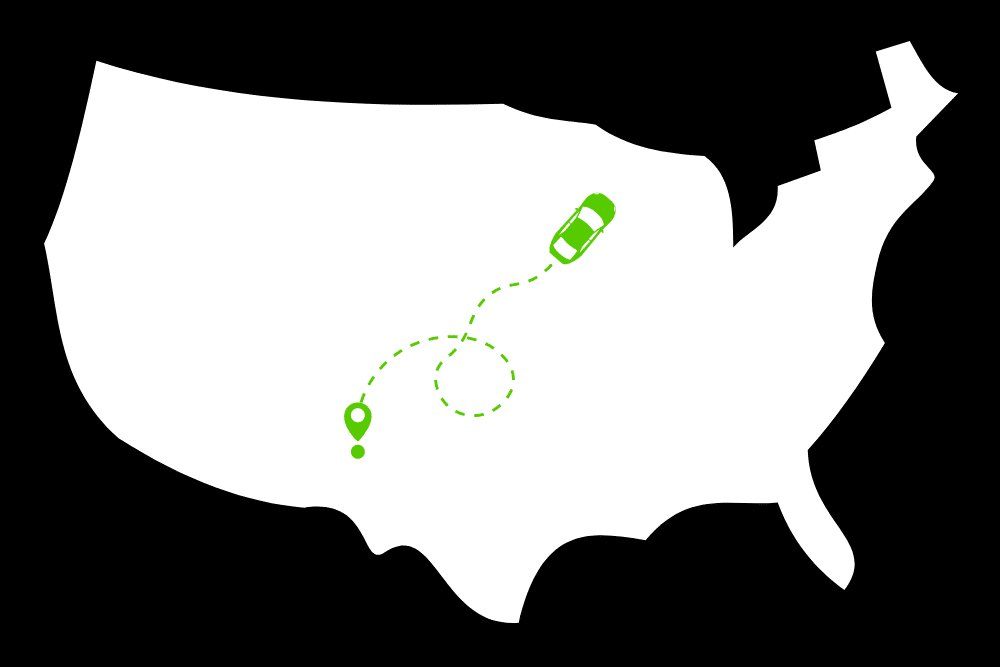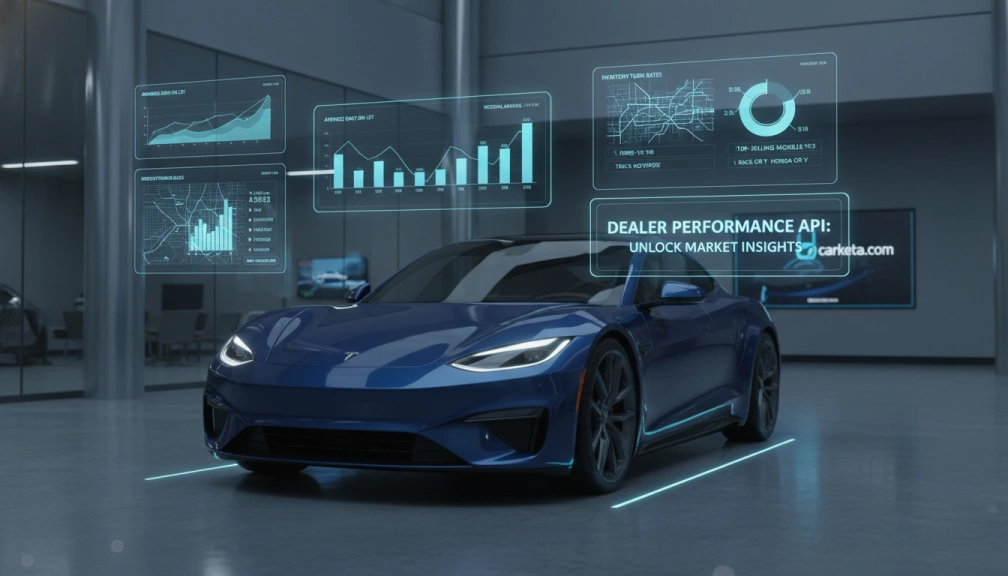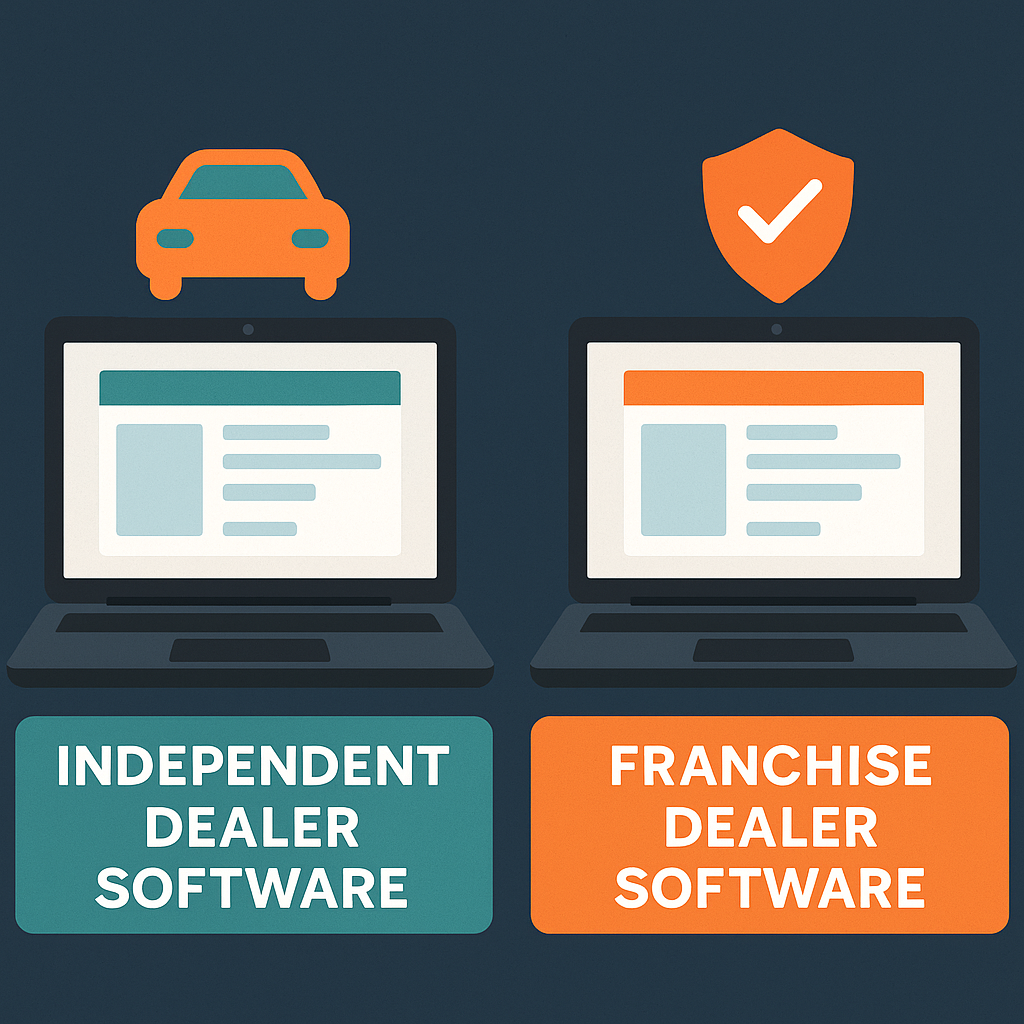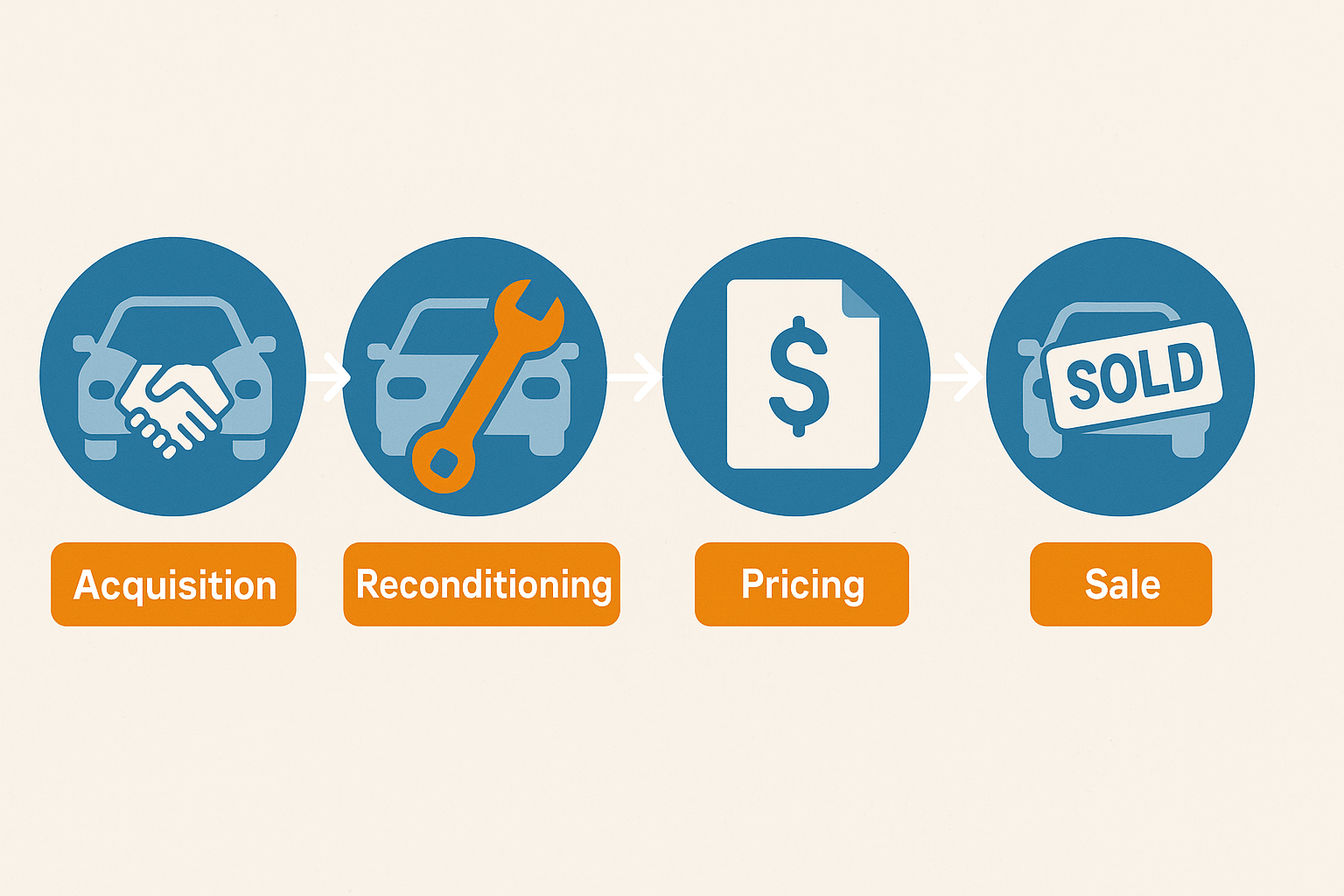Online car shoppers are disrupting pieces of the industry, but they have also opened whole new markets for the most savvy dealers. And with this, vehicle retail arbitrage is born.
If you have a strategy for handling out-of-state online shoppers, that’s one piece of the puzzle. But are you buying out of state? Identifying better margin opportunities on some of the regional markets that are cheap for interstate transport?
Retail arbitrage is a concept traditionally associated with e-commerce and product reselling. However, savvy car dealers are now adapting these principles to buy and sell vehicles outside of their local markets, opening up new avenues for growth and profitability.
Understanding Retail Arbitrage
Retail arbitrage is a business model where businesses buy products at a lower price in one market and sell higher in another. While this concept has long been applied to various retail sectors, the automotive industry is now recognizing the potential benefits of employing retail arbitrage strategies.
1. Identify Market Disparities
Car dealers engaging in retail arbitrage must first identify market disparities. This involves researching and analyzing regional differences in vehicle demand, pricing trends, and supply levels.
By leveraging data analytics and market research tools, dealers can pinpoint markets with favorable conditions for purchasing vehicles at a lower cost than the prevailing market value.
Start with some of your best performing vehicles. What do you struggle to keep in stock because local demand is high and supply is low?
Next, leverage live market data. (Carketa’s platform has data on over 20 million vehicle listings across North America.) If you’re still using book values and book values alone, you could be missing out. The retail market is changing rapidly, and book values often trail the market realities.
Third, get transportation quotes. Your margin can easily be eaten up by expensive shipping. To effectively execute a vehicle retail arbitrage strategy, you need a reliable shipper. Great example – you find a Subaru Outback that you can reliably turn for roughly $2K profit when you buy locally. You find what looks like a great deal – an Outback two states away that is $1K cheaper than your normal trade-in. Sounds great! But then shipping comes back at $1200 eliminating your whole arbitrage opportunity.
2. Utilize Online Auctions Outside Your Area
Auction websites, social marketplaces, and online classified ads offer dealers unprecedented access to a vast array of vehicles. Dealers can use these platforms to source vehicles from regions where prices are more favorable or where specific models are in higher demand.
Using a tool like Carketa’s Chrome extension, you can automatically identify a VIN on any website. Just add it to your appraisals list and pull live market comps in that area or in your local market.
3. Logistics and Transportation
Efficient logistics and transportation are crucial components of successful retail arbitrage in the automotive sector. Dealers must establish reliable partnerships with transportation companies to facilitate the movement of vehicles between markets. Cost-effective and timely transportation ensures that the arbitrage opportunity is not compromised by logistical challenges, especially when it comes to managing the arbitration timeline.
4. Navigating Legal & Regulatory Challenges
Operating across different markets and leveraging vehicle retail arbitrage effectively requires a thorough understanding of the legal and regulatory landscape. Dealers must be well-versed in the requirements for vehicle registration, emissions standards, and other regulations that vary from one location to another. Complying with these regulations is essential to avoid legal complications and maintain a positive reputation.
5. Building a Network
Establishing a network of contacts in different regions is crucial for successful retail arbitrage. Developing relationships with other dealers, auction houses, and industry professionals allows for the exchange of valuable information and increases the likelihood of discovering profitable opportunities. Networking also aids in navigating the nuances of different markets.
6. Adapting Marketing Strategies
Marketing plays a pivotal role in retail arbitrage success. Dealers must adapt their marketing strategies to target audiences in different regions effectively. Localized advertising, understanding cultural nuances, and tailoring promotional campaigns to specific markets help attract potential buyers.
7. Managing Inventory and Cash Flow in Vehicle Retail Arbitrage
Juggling inventory and cash flow is a delicate balancing act in retail arbitrage. Dealers need to ensure they have the financial resources to acquire vehicles in one market and the ability to sell them at a profit in another. Effective inventory management systems and financial planning are essential to sustain the business model over the long term.
8. Considering Direct-to-Consumer Sales Out of State
Though most dealers hate even the mention of Carvana, direct-to-consumer fully digital auto sales is a market dealers are entering. When it comes to selling directly to an out-of-state consumer, try to focus on identifying the reverse of your acquisition strategy. Which vehicles are less desirable in your local market that you could ship to specific markets in order to sell for a higher price? Explore expanding advertising and lead generation strategies to those markets just for specific vehicle listings.
The adoption of retail arbitrage strategies by car dealers represents a paradigm shift in the automotive industry. By identifying and capitalizing on market differentials, leveraging online platforms, and navigating logistical and regulatory challenges, dealers can enhance profitability. For those willing to invest time and resources into mastering vehicle retail arbitrage, the potential rewards are substantial. As the automotive industry continues to evolve, dealers embracing innovative approaches like retail arbitrage are poised to thrive.
Explore related articles to learn more about software solutions for car dealerships:






